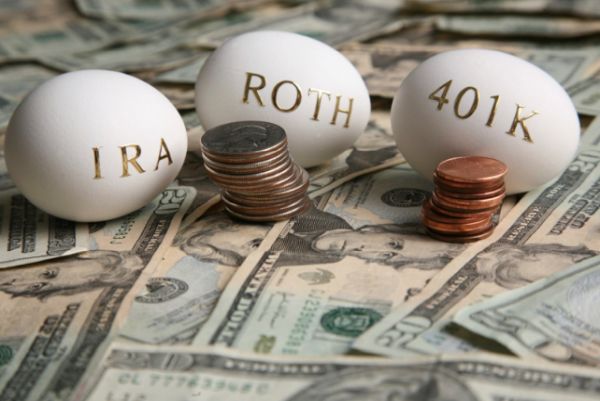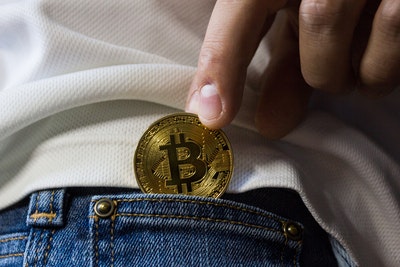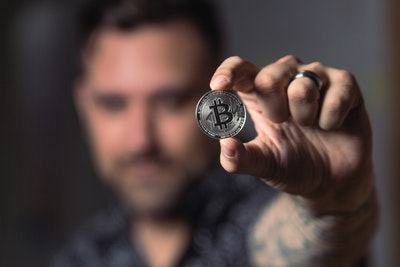Forward Contracts: Protecting Assets on the Open Market

In a constantly fluctuating marketplace, it can be difficult to know how and when to secure assets for the future. How can a seller guarantee themselves a safe profit, when there is no promise that their product or asset will have the same market value down the road?
One way to lower your long-term risk exposure is to create a forward contract with a buyer.Sellers often minimize their potential risks in a trade by using forward contracts, which is a common form of hedging.
These instruments are essentially insurance on a sale meant for a future date, securing the price of an asset in advance.
Here are some reasons why forward contracts are a good way to protect your assets for the long run.
Contract Flexibility
A forward contract is unique in that it is highly customizable and specific to the needs of the buyer and seller. For that reason, forward contracts are not regulated on an organized market, such as the NYSE, unlike future contracts and other derivatives.
Forward contracts are treated as “over the counter” agreements between two parties, making them more easily accessible than other derivatives.
Two consenting parties will form a binding contract, agreeing to an exchange of funds for an asset on a certain future date with the price of the asset locked in advance.
With the forward contract made, upon the arrival of the date of sale, the asset will be exchanged at the previously fixed rate, regardless of the how the market value of the asset changed over the period of time.
Buyers and sellers can decide every facet of the agreement, making it more flexible than exchange-traded derivatives and contracts that lock them into preset terms.
Forward Contract In Practice
Imagine an orange farmer selling his oranges at $4 per bushel, which is current market value. He may worry that the market value of an orange will go down to $3 in June, six months from now.
To secure a profit and reduce his probability of risk, he decides to make a forward contract with an orange juice company.
They agree that in June, the farmer and juice company will make an exchange of 1 million bushels, at a rate of $4 per bushel. The company may be willing to bet that the price will, in fact, go up to $5, not down. They hope they can get a discount by paying only $4 per bushel in June.
Fast forward to June, and either the market value of oranges has fluctuated up, down, or stayed the same. If the price stayed the same, then there is no value difference. The farmer and company still make the exchange.
However, if orange prices fluctuated down under $4, the farmer made a profit by selling at a rate higher than the current market value. If it fluctuated above $4, then the juice company turned a profit by paying under current market value.
While both the farmer and the juice company were essentially making a gamble against the market, they were also playing it safe.
Neither party knew for certain how the market value of oranges would change over time. However, by “ensuring” their exchange early on, they were minimizing their risk and reducing the probability of a potentially greater loss.
Minimizing Risk
Risk reduction is extremely important when dealing with a constantly changing financial market. The main draws of a forward contract are reducing risk and increasing financial security between the two parties making an exchange.
Like the previous example, farmers and other material producers often rely on forward contracts. Doing this allows them to protect their budget and ensure a reliable income for their products.
Companies and other buyers also benefit from forward contracts when budgeting. If they believe a product will rise in market value, they have a chance at saving money on a deal. Furthermore, companies can take advantage of future price knowledge when creating long-term financial and budget plans.
Currency Exchange
When closing a deal, especially overseas, there is always a time period between the agreement and the actual monetary exchange. In that window, currency exchange rates often vary. For that reason, forward contracts are commonly used to protect buyers against the fluctuating currency exchange rate.
There are certain key factors that influence forward contracts and how they’re priced when creating a deal between two currencies.
The two negotiating parties come to an agreement based on the current market value of an asset, the included interest rate differentials, and the amount of time until the contractual exchange.
Companies or suppliers may use a forward contract when importing raw materials. Similarly, homeowners buying property, especially overseas, will often use a forward contract to protect their investment.
A forward contract can be an incredibly useful tool for both producers and traders, as it can guarantee profits even in highly turbulent market conditions.






